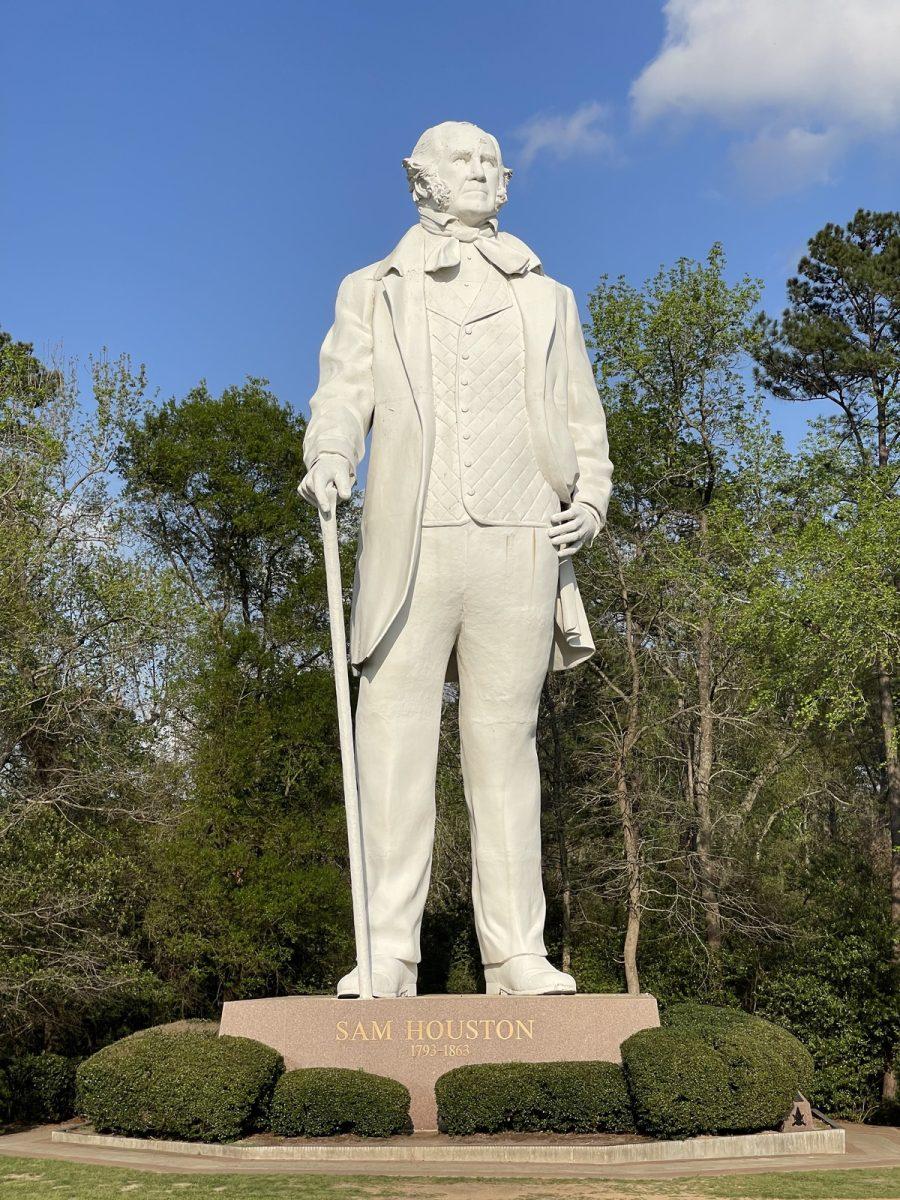“We in the press have a special role since there is no other institution in our society that can hold the [Government] accountable. I do believe that our democracy can endure and prevail only if the American people are informed.”
– Former president of U.S. Press Corps Helen Thomas
The importance of investigative journalism is at an all-time high. As journalists, it is our job to “watch the watchers,” expose corruption and hypocrisy and hold individuals and institutions accountable for their iniquities.
In contemporary society, there are too many instances of illegal and harmful practices within our country’s government and corporations. It’s a journalist’s job to seek the truth and report it to the public, so who better to check and balance the gluttonous, negligent or malicious individuals in our world than journalists.
Investigative journalism has been around as long as humans have been able to read and write. Journalists have been exposing government officials and institutions in this country since the Founding Fathers. Investigative author Upton Sinclair wrote “The Jungle,” a book based on his accounts in the meat packing industry, in which he described their products as “diseased, rotten and contaminated.” His discoveries shocked the public, and eventually led to the formation of the Federal Food and Drug Administration (FDA). Another instance, the Watergate Scandal, may be the most famous case of investigative journalism. The Watergate Scandal resulted in impeachment hearings, the arrest of five men and the eventual resignation of President Richard Nixon.
Recently, the public has been dismayed again, when an investigation regarding USA Gymnastics and child sexual abuse was reported by IndyStar’s Marisa Kwiatkowski, Mark Alesia and Tim Evans. The reporters revealed that U.S. Gymnastics had failed to report allegations of sexual abuse by coaches to law enforcement, enabling these coaches to continue working with children for years following the claims.
IndyStar’s reporting encouraged hundreds of gymnasts to come forward and give their testimonies of sexual abuse from the past two decades. The story led to the arrest and conviction of a longtime U.S. Gymnastics team doctor Larry Nassar, the resignation of Michigan State University President Lou Anna Simon and bipartisan federal legislation co-sponsored by 16 senators.
IndyStar received the Tom Renner award for criminal justice reporting “for detailing the scope of child sexual abuse in gymnastics and the failure of Indianapolis-based USA Gymnastics to immediately report allegations of such abuse to authorities,” according to IndyStar.
Judges deemed this series of stories as one of the most important and impactful works of journalism seen in recent years.
It is by the virtue of cases like these that the world needs investigative journalists. Now is the time that we need to put forth our efforts, so that they may vindicate suspicions or lead to significant discoveries. There are still innumerable possibilities to spark reform for the benefit of our future. We, as journalists, have the power to better the world we live in, and if nothing else, hold organizations, institutions and elected officials responsible for their actions by upholding our rights as citizens.












